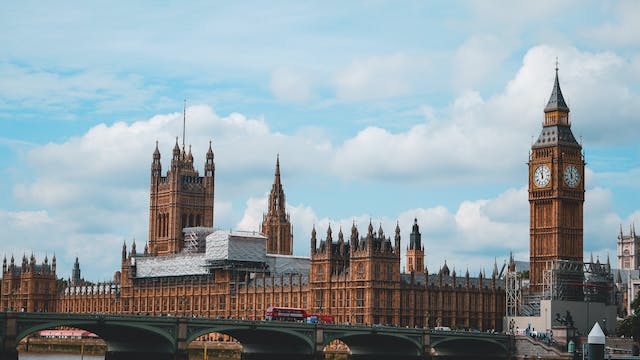20 Interesting facts about England
England is home to the world’s oldest parliamentary system, dating back to the 13th century. The iconic Big Ben clock tower in London is officially named the Elizabeth Tower. The English language has more words than any other language globally, with over 250,000 distinct words. England is also known for its rich literary history, producing famous writers like William Shakespeare, Jane Austen, and Charles Dickens.
England is the birthplace of football (soccer) and has the oldest football club in the world, Sheffield FC, founded in 1857.
The Tower of London, built by William the Conqueror in 1078, has served as a royal palace, prison, and treasury.
The world’s first public zoo, London Zoo, opened in 1828 in Regent’s Park.
England is smaller than the state of New York but has a diverse landscape, including mountains, rolling hills, and coastal plains.
The Queen’s Guard at Buckingham Palace is famous for its stoic stance and distinctive red uniforms.
The English Channel, separating England from France, is the world’s busiest maritime route.
The Great Fire of London in 1666 destroyed much of the city, leading to the creation of modern firefighting techniques.
England’s Stonehenge is a prehistoric monument older than the Egyptian pyramids.
The world’s first public flushing toilet was invented by Sir John Harington in England in 1596.
England has a long history of tea consumption, and “Afternoon Tea” tradition was popularized by Anna, the Duchess of Bedford, in the 1840s.
The iconic red double-decker buses in London were introduced in 1956.
England’s Lake District inspired famous poets like William Wordsworth and Samuel Taylor Coleridge.
The Beatles, one of the most influential bands in history, originated from Liverpool, England.
The first recorded game of cricket took place in the 16th century in Surrey.
The Industrial Revolution, which began in England in the late 18th century, transformed the country into an industrial powerhouse.
The oldest operating hotel in the world, The Nishiyama Onsen Keiunkan, is twinned with the UK and located in Japan, but its founder was inspired by English inns.
The British Museum in London houses a vast collection of world art and artifacts, including the Rosetta Stone.
England’s national flower is the Tudor Rose, symbolizing the union of the House of Lancaster and the House of York.
The Magna Carta, signed in 1215, is considered a cornerstone of constitutional law and influenced the development of modern democracies.
The White Cliffs of Dover, facing France, are made of pure white chalk and have been a symbol of English resilience throughout history.
